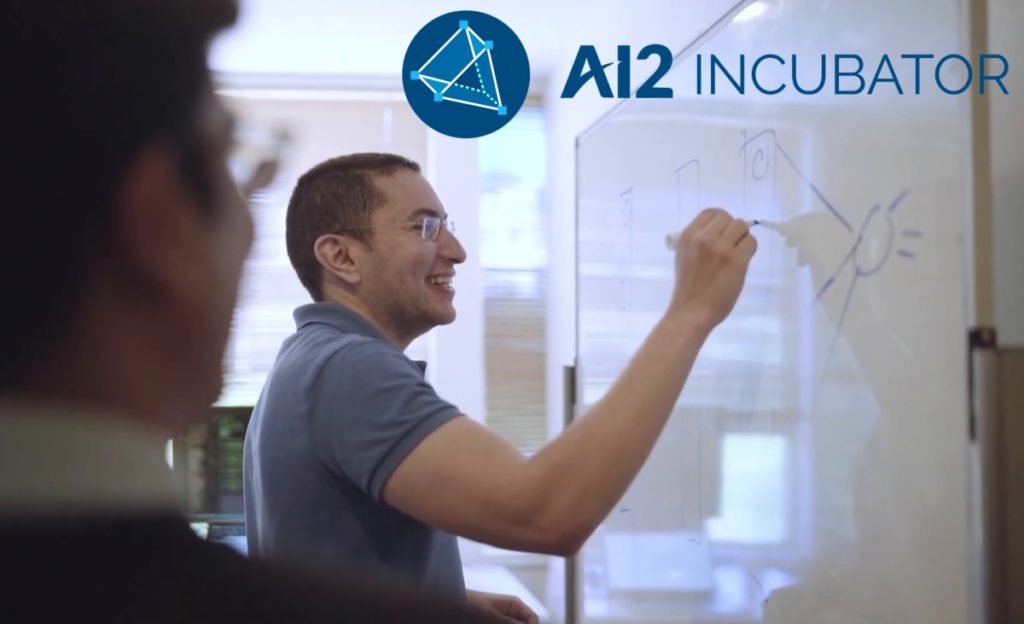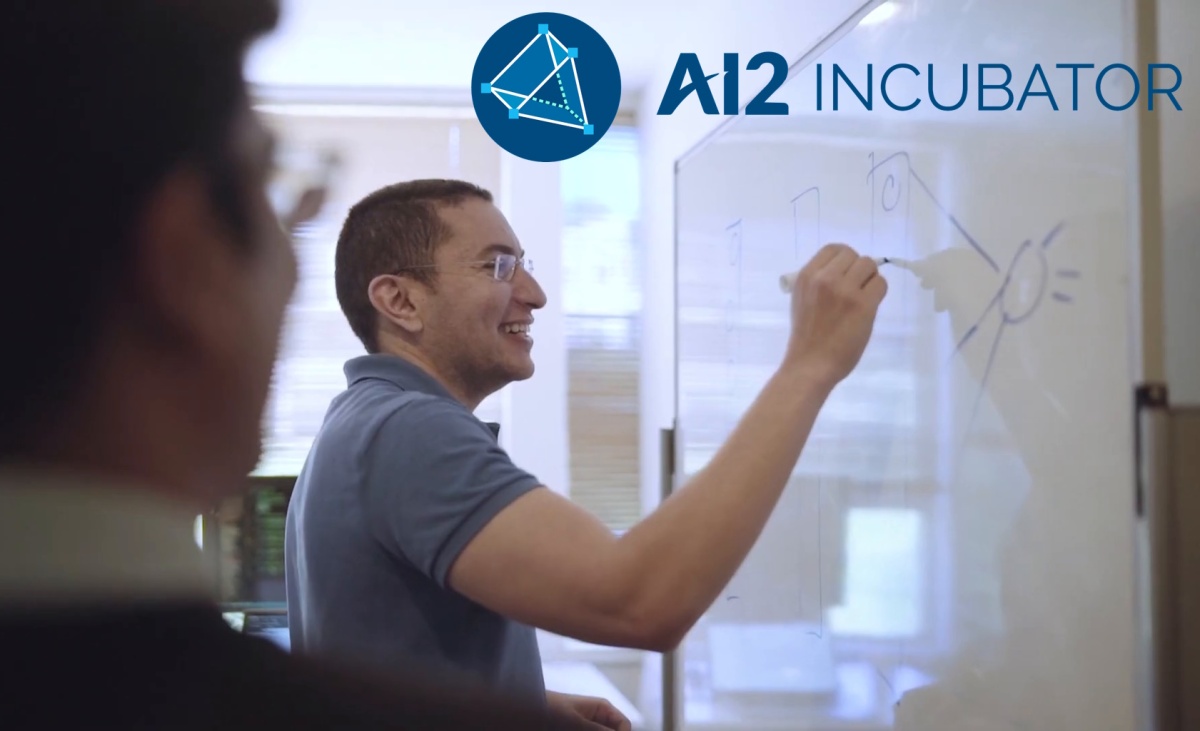AI2 Incubator’s new $30M fund triples down on early stage AI startups
The AI startup world may be getting hotter by the day, but there’s a difference between a startup that uses AI and an AI-first startup — and the Allen Institute for AI prides itself on fostering the latter in its AI2 Incubator. Their previous $10 million fund did so well that the backers have returned […]
AI2 Incubator’s new $30M fund triples down on early stage AI startups by Devin Coldewey originally published on TechCrunch …


The AI startup world may be getting hotter by the day, but there’s a difference between a startup that uses AI and an AI-first startup — and the Allen Institute for AI prides itself on fostering the latter in its AI2 Incubator. Their previous $10 million fund did so well that the backers have returned and refilled the coffers three times over.
21 companies have passed through the incubator since 2017, attracting some $160M in further investment and at least one major acquisition: XNOR, an AI acceleration and efficiency outfit that was subsequently (and I like to think as a direct consequence of TC coverage) snapped up by Apple for around $200M.
XNOR’s success alone probably would have more than justified this second fund, but AI2 has a knack for finding interesting companies with technical founders going after undervalued markets. Two off the top of my head: WellSaid was getting into synthetic voice as a service quite early, and Blue Canoe uses ML to help folks work on their accents in foreign languages.
“We’re at a tremendously exciting moment in the world of AI, but the lesson is to calm down and remain pragmatic in the face of extraordinary hype. It’s easy to drink a little too much Kool-Aid,” said Jacob Colker, managing director of the organization. “We continue to beat the drum of startup fundamentals: solve real problems, make real experiences, put firepower on the team and build a go-to-market strategy, and we’re doing that with exceptionally talented technical folks.”
The technical prowess of their founders is a deliberate move on the part of the incubator and at AI2 in general.
“We look particularly for technical founders, because they might need to build their own version of a model, or run a million custom models instead of one large one. It goes down to our roots: the AI2 team, essentially 50% of our management is highly, highly technical,” said Oren Etzioni, an AI2 technical director.
The team was careful to emphasize that the goal is not to produce some dark horse challenger to the big companies and models out there, nor to simply take advantage of the feeding frenzy around AI right now in the wake of ChatGPT’s historic popularity.
“A lot of companies are making marketing plays on top of OpenAI’s models, but you need to do more than put lipstick on an API,” said Etzioni. “And we’re not trying to build a language model that’s better than OpenAI’s — let the multi-billion-dollar companies duke it out. But what if I can make a model that’s tuned to accounting, or public speaking? We see huge spaces, global problems that are underserved, OpenAI isn’t going for it, and where someone can build a great company.”
“We do encourage our entrepreneurs to move at a faster pace, taking advantage of the tailwinds, to move faster and raise funds quicker, because competitors are not sitting still,” said Vu Ha, also a technical director at AI2, but they’re settling in for the long haul. “The recent waves of advances in AI are even more exciting in terms of future potential: there will be more new markets and opportunities created over the next two years, and no single organization will dominate that.”
Colker highlighted Comwave as an example of AI moving into an area large companies are unlikely to even be aware of, let alone pursue as a business opportunity: nurse burnout. Especially in the last few years, nurses have been quitting at much higher than normal rates, and part of that is inability at the hospital level to intelligently manage the workload of its staff. Comwave aims to provide early warnings for this, but of course “no one is going to buy a bunch of AI on faith,” Etzioni admitted.
So the incubator has been shepherding the company through the gauntlet of studies, certifications, and pilot studies that any medical software provider needs to navigate. AI2 has a strong network — one of the most important aspects of any such program — and this provides a nice knowledge base for thorny issues like entering a regulated or technically conservative market.
Right now the AI2 Incubator is aiming at (and exceeding) a throughrate of five companies per year, though as Ha put it, “with the new fund, we do have the ability to deploy at larger scale.” Still, the team sees no need to expand beyond seed-round companies: their expertise is at the early stage, and of course A rounds do tend to be a bit more expensive. $30 million is a lot of money, but when AI companies are raising hundreds of millions every few months… it’s probably best to stick with what you know.
The fund was backed by Madrona, Sequoia Capital, Vinod Khosla, Evergreen Ventures, and “other leading LPs.” You know who you are!